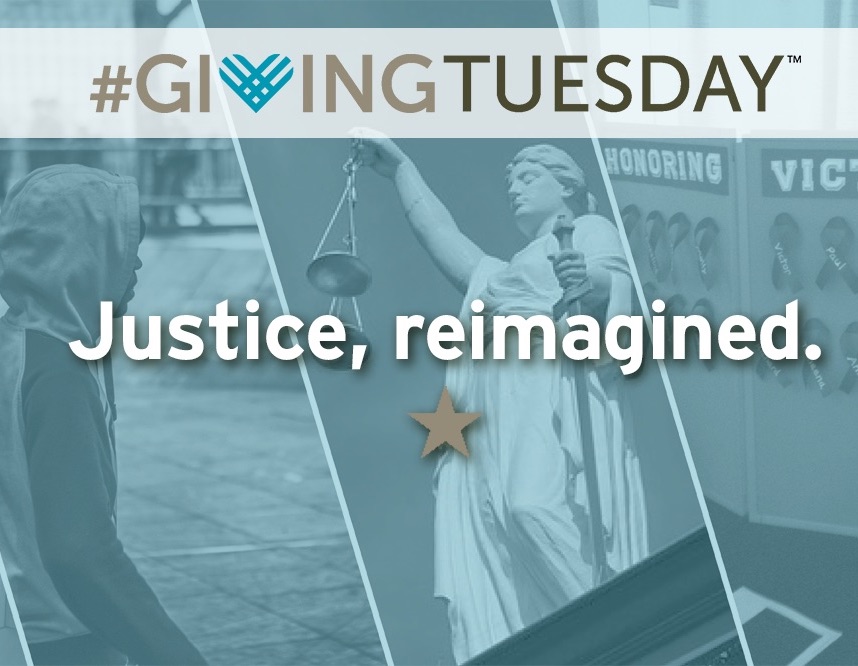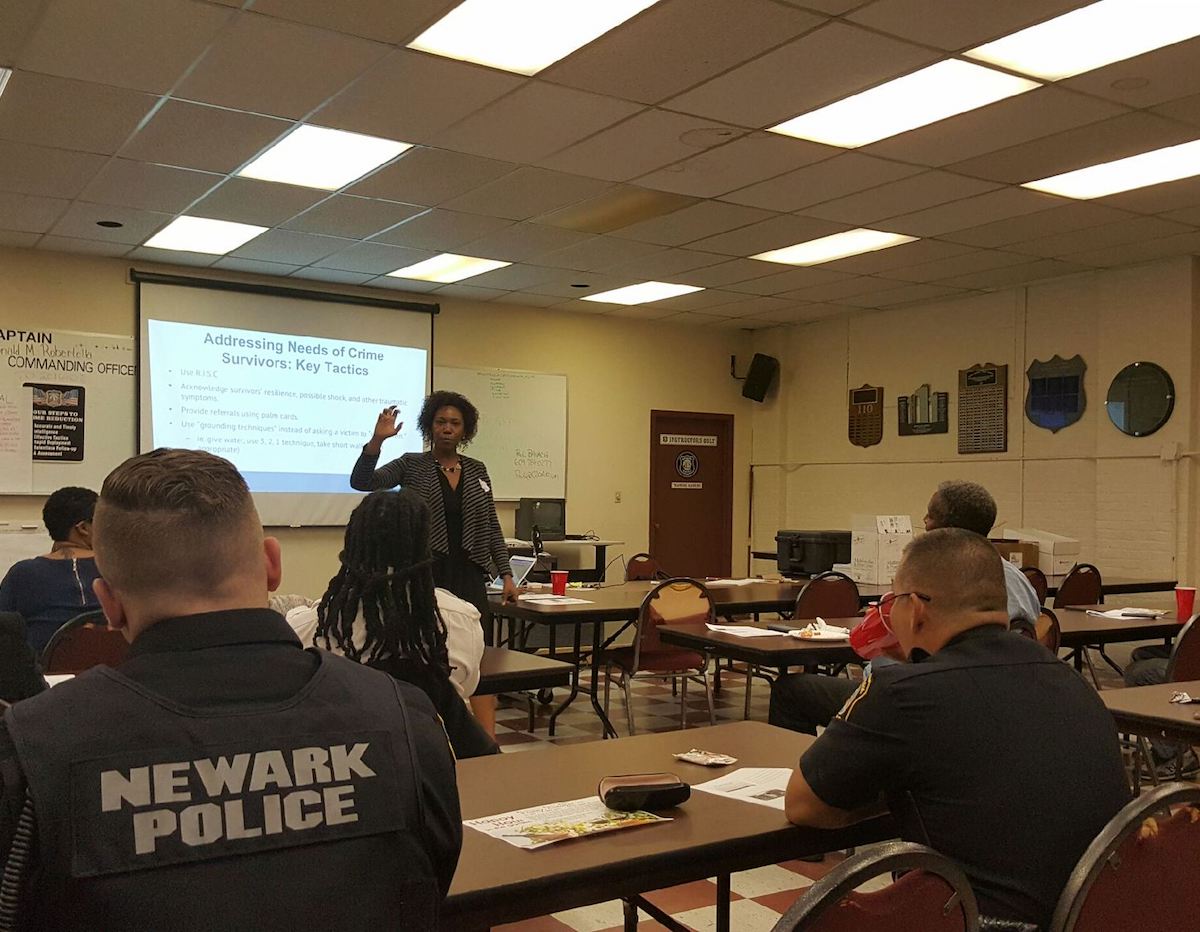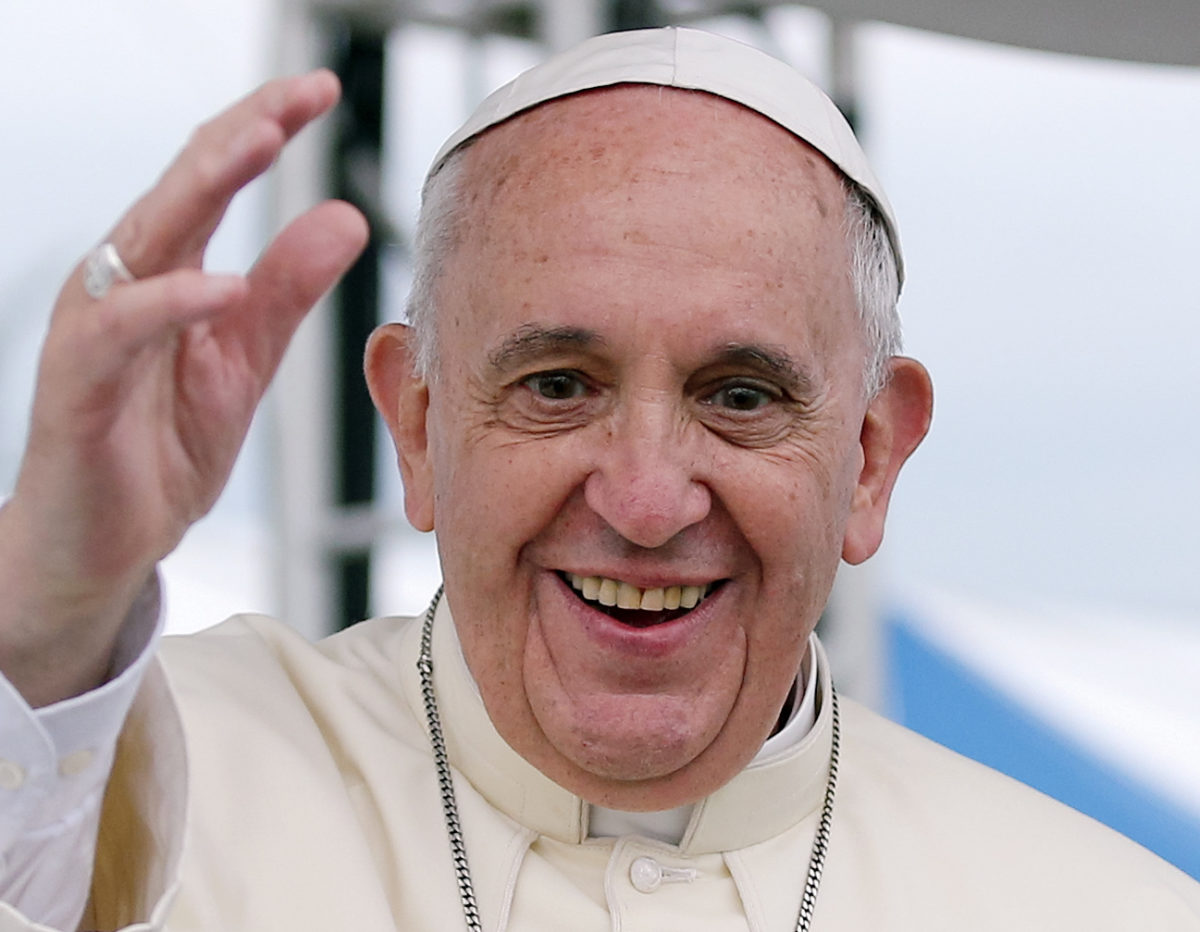Reimagining Justice This Month highlights stories about effective responses to violence – responses that disrupt cycles of violence, heal trauma, and address structural racism.
Are you registered to vote? Many key criminal justice issues at the local, state, and national levels will be impacted by elections. Visit vote.org to confirm your registration or to learn how to register to vote in your state.
To Fight Mass Incarceration, We Need to Decriminalize Trauma, The Nation
Transformational stories of those who have experienced violence and healed can shape new ways of thinking about justice. Homeboy Industries, based in California, works with people who are part of gangs to heal and restore lives as they reintegrate into society, and seeks to address root causes of cycles of violence, including trauma. The stories in this short film lift up the challenges and opportunities of reform, and it’s important to develop innovative solutions that go beyond sentencing reform in order to create safety and accountability for all.
Violent Offenders, Often Victims Themselves, Need More Compassion and Less Punishment, USA Today
Many people who commit violent, harmful acts, have experienced violence and been harmed, themselves, and many have experienced violence their whole lives. Our nation’s justice system, rooted in the legacy of slavery, is ill-equipped to address the complexities of people’s lives, let alone disrupt cycles of community-wide trauma. We need to work for change beyond sentencing reform to address the roots of violence, break these cycles, and create safety and accountability for all.
Radical New Program Finds Men Most Likely to be Shot – and Hires Them, Block Club Chicago
This new program in Chicago finds young men most likely to be impacted by violence and gives them jobs, access to therapy, and other services. Selected through an algorithm and through referrals from outreach workers, partners, and the justice system, the READI program is preventing violence by providing a range of services to those most at risk. With a realistic view of the challenges each participant faces, and a commitment to continually giving people the chances they need, innovative programs like this restore lives and create safety and accountability.
Doctors Who Treat Gunshot Victims Want to Stop the Bleeding, The Florida Times-Union
In the wake of another mass shooting, doctors in Jacksonville want to see gun violence treated like an epidemic public health issue. That starts with opening up legislation and resources to study the effects and roots of gun violence on public health, and includes holistic approaches to creating safety. From a public health standpoint, violence prevention interventions focus on healing and wellbeing across a range of systems before laws are broken, and there is less engagement from law enforcement in situations where its set of tools are not best suited to solve problems.
Philadelphia Cops Reimagine the Juvenile Justice System, The Good Men Project
The Philadelphia District Attorney’s office and Defenders Association are backing a proposed 24/7 trauma-informed integrated service center for youth to receive support in a non-police facility. The Hub for Juvenile Justice Systems would the point of entry for young people who face the justice system toward healing, and provide a different model for justice that embraces empathy, safety, and accountability for all. The Hub is a collaborative efforts across a range of systems that provides immediate and long-term support to individuals, families, and communities, to break cycles of trauma.
Documenting ‘Slavery by Another Name’ in Texas, The New York Times
In Texas, the remains of 95 African-Americans were found in unmarked graves, their bones marked by debilitating injuries from their labor as prisoners in the decades after slavery was legally ended. This system of “slavery by another name,” in which countless people were rounded up and imprisoned for petty offenses, only to continue the same coerced labor under conditions just as brutal, and stripped people of the ability to accumulate wealth. The legacy of slavery and lynching today – which includes the death penalty, mass incarceration, and over-reliance on policing – is an expression of the historical trauma our society needs to grapple with to reimagine justice that addresses structural racism, and heals and restores lives.
The Victims Who Don’t Count, The Marshall Project
States throughout the country provide funds to compensate the family members of victims of crime, supporting hospital bills, accessibility costs, funeral costs, and lost wages. Seven states ban compensation for people with criminal records – including juvenile records that are supposed to be sealed, and in some cases regardless of whether an accusation led to conviction – and a deeper look reveals that African-American crime victims and their families are denied at higher rates than anyone else. The structural racism of our justice system means that Black people who are harmed, or who have family members who are killed, have far less access to the support they need to heal and rebuild their lives. These are some of the stories of those hardest hit by these policies.


